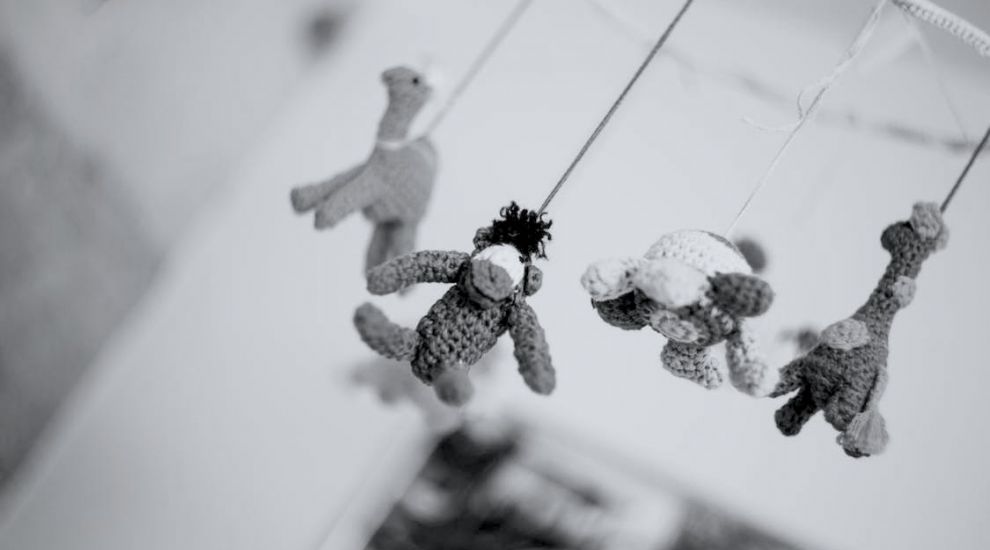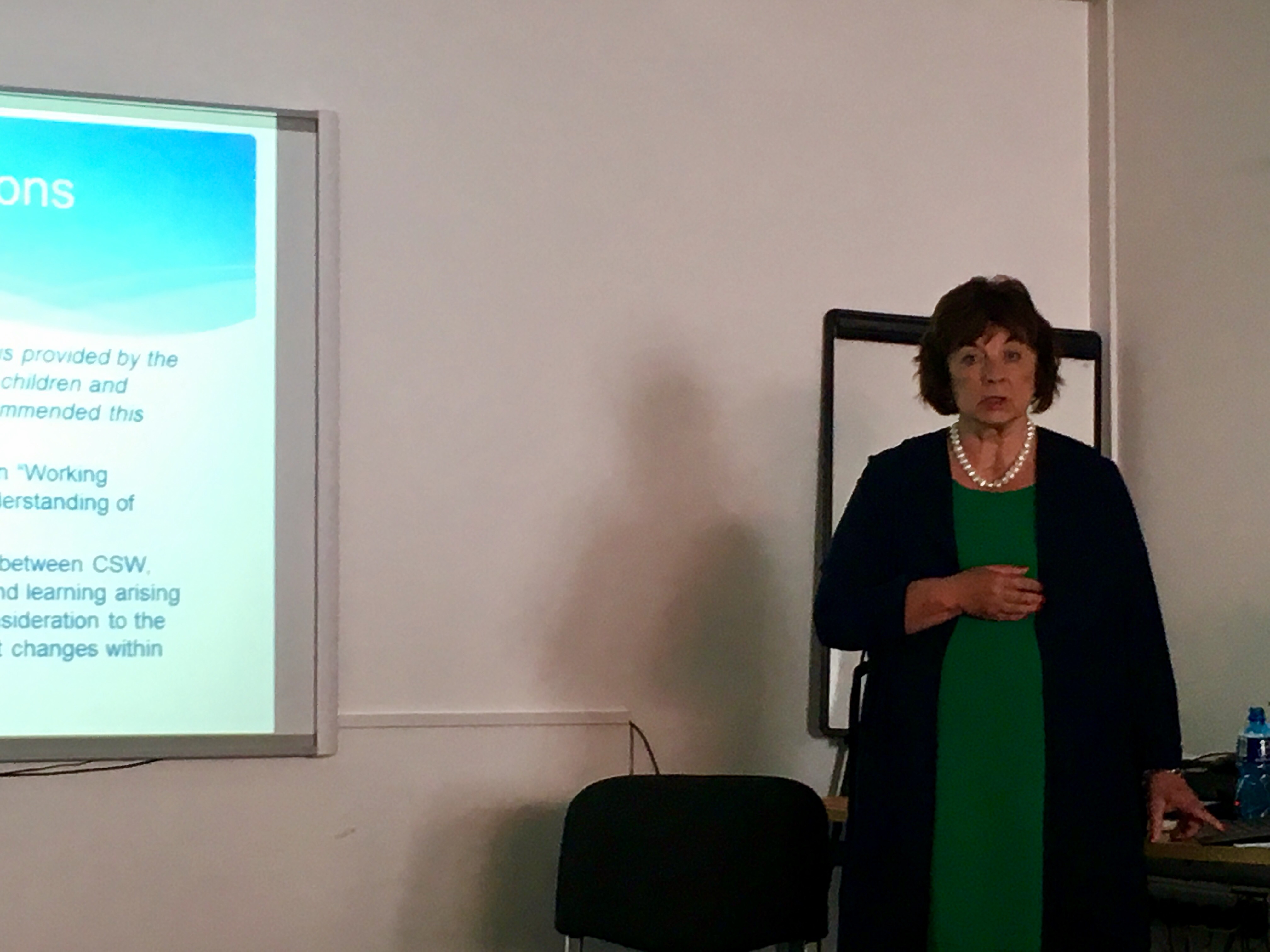

Children suffering neglect at the hands of a heroin-addict mother, and her abusive partner, became so severely malnourished that they were regularly forced to beg and steal food after being sent to school unfed, a care review has found.
An investigation into the care of three siblings – known as A, B and C – showed that States services missed, “…many opportunities to act on indicators of neglect and emotional abuse” over a period of up to 10 years.
Published yesterday, a review by the Safeguarding Partnership Board found that a mother and her partner took cannabis and heroin in front of first-born A, including taking the latter intravenously while pregnant – a move that caused B to be born drug-dependant.
A, who also may have witnessed an attempted suicide in the family home aged as young as two, was said to have been left to sleep in an undersized cot without a mattress and was frequently left around the mother’s drug-taking friends.
Allowances destined for the care of A were used up for the mother’s own purposes, leading her to steal nappies and food from shops on two occasions during a period of financial difficulty.
Years later, A and B also made disclosures about physical abuse by their unemployed stepdad – C’s father – who became the young trio’s carer while the mother worked two jobs. A said that he had “handled him roughly” and “force fed” him to the point of being sick, while B revealed that he had been “strangled” on more than one occasion.
Such neglect led to learning and developmental difficulties noted in all three of the children. Around the age of five, A was exhibiting a “high level of stress and unhappiness” and became incontinent, while C was prone to hyperactivity, headbanging, tantrums and sleep problems around three.
Safeguarding Partnership Board Chair Glenys Johnston said that the signs should have been picked up earlier, with healthcare staff having identified warning signals as early as the birth of the first child, A, in 2005, who they acknowledge may be returning to a “vulnerable household”, given the mother’s history of self-harm and drug abuse.
Throughout the decade, developmental check-ups were repeatedly missed, while explanations over injuries were accepted as “accidental” and the children’s hunger put down to large appetites.

Pictured: Glenys Johnston, Chair of the Safeguarding Partnership Board, presents the care review's findings.
Mrs Johnston said that the failure to act on the signals may have been due to a lack of joined-up thinking across departments, and the development of a “fixed view” of the family situation in which explanations are accepted without challenge.
Following the review, the Health and Social Services Department is now working to fight this way of thinking. “By having good supervision and management of social workers and others, good managers will say, ‘Well actually, why are you still saying the same thing about this family? Maybe things have changed, maybe more serious things have come in and you’re still saying we don’t need to be worried.’ Every time a child protection concern comes in, there is a duty for statutory people to investigate, to look thoroughly, perhaps with police, and with other people known to the family and say, ‘Are there concerns here? Do we think that there is significant harm being done to these children?’” Mrs Johnston told Express.
To help with this, “significant additional resources” have been poured into children and family services, leading to a doubling of the number of social workers. Increased child neglect training is also being provided to enhance understanding of neglect and emotional abuse, while authorities are working to change the terms used to discuss potential neglect on electronic systems to improve awareness. Systems will now record children who fail to attend appointments as ‘was not brought’ rather than ‘DNA’ (Did not attend), as they had done previously.
Meanwhile, headteachers are developing paperwork to better record instances of potential neglect.
“You would expect people to write those things down, because it’s easy to forget how often these things happen. By writing these things down you can say, ‘It’s the fourth time during two weeks this child’s had no lunch’, otherwise you might forget.” From there, concerns can be referred to the school’s safeguarding specialist.
Jersey’s goal, Mrs Johnston said, should be to ensure that protection is provided at “all levels” – not just those that require serious intervention.
“It doesn’t always need to go onto a child protection register. It could be a school nurse, it could be about encouraging mum to bring the child for their vaccinations. That is at a level around the family without bringing in the police, social workers, courts or anything else.
“The more we can do that, the fewer times it will get to this.”
Comments
Comments on this story express the views of the commentator only, not Bailiwick Publishing. We are unable to guarantee the accuracy of any of those comments.